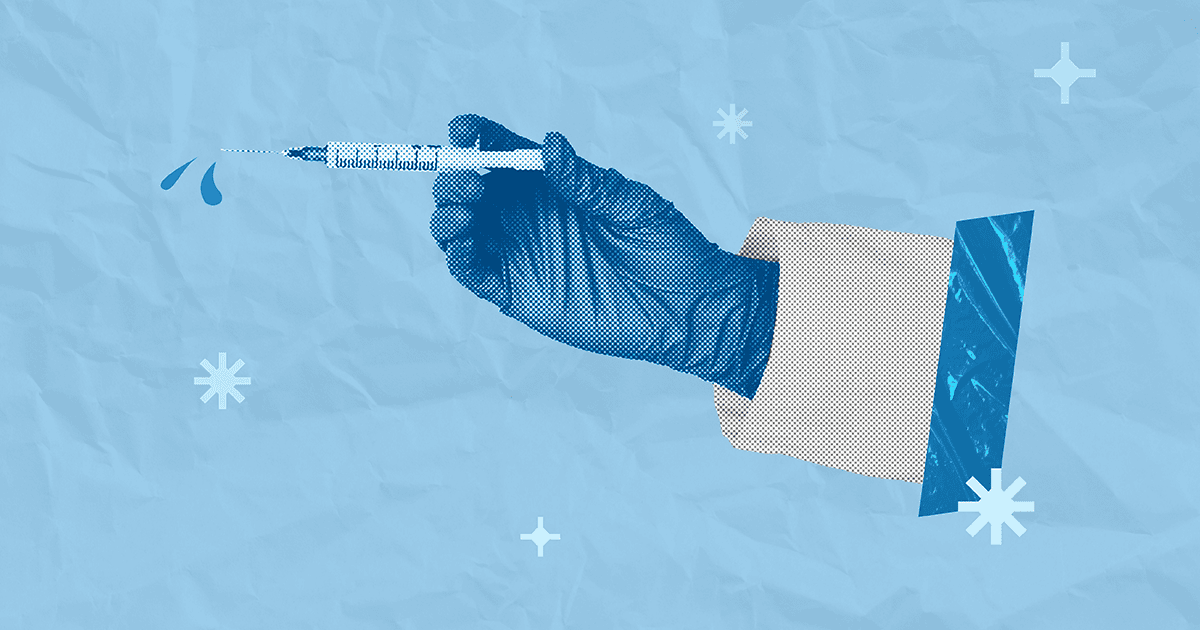We can feel the sun and we can see the sun. But, can we hear it? What does the sun sound like?
Solar physicists from Stanford University recorded acoustical pressure waves using an instrument called the Michelson Doppler Imager. This imager is currently mounted on the SOHPO spacecraft, which circulates the sun, and is approximately one million miles away from Earth. Using this instrument, the physicists recorded the noise on the solar surface. And we are lucky we can’t hear it!
The sun makes noise due to its constant flow of hot material on the surface and then the sinking of cooled material toward the center. On the surface, this noise is estimated to be 10x to the 100x the power of speakers at a rock concert! If the sounds were able to pass through space, they would still be 100 dB by the time they reached us here on Earth. But good news—we would still not be able to hear the sun, as the waves emitted are at frequencies too low for the human ear.
Scientists note that the sun’s noise sounds like “screaming sirens.” They took audio of the “screaming” sun, sped it up 42,000 times, and compressed it into an audio file a little over a minute long.
Be grateful we can’t hear the siren screams from the sun here; Earth is noisy enough!
Reference
Thompson B. (2023). What the sun actually sounds like as its ‘screaming’ sirens would deafen every human on Earth. LadBible (accessed July 6, 2023).
Recent Posts
Vaccination of Older Adults in the United States
In the United States, this time of year tends to coincide with cold and flu season. As such, it seems timely for us to review…
The Perfect Blend of Professional and Personal
AAA 2026 is coming to San Antonio—right in the middle of Fiesta, one of the city’s most vibrant celebrations. This year, it’s easier than ever…
CMS Sets Medically Unlikely Edit for Key Audiology Codes
The Centers for Medicare and Medicaid Services (CMS) has established a Medically Unlikely Edit (MUE) of two units per date of service for Current Procedural Terminology (CPT®) codes 92629, 92632,…


